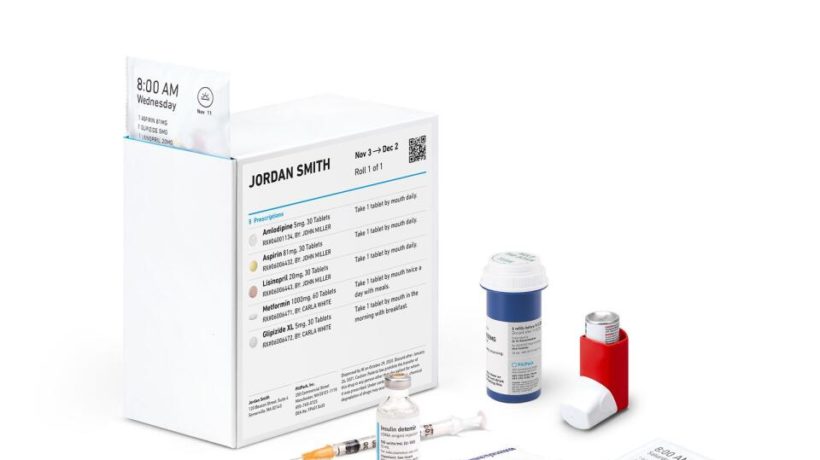Health is the next area of focus for Amazon. This was confirmed by the newly appointed CEO, Andy Jassy, when he announced that Amazon will be spending $3,9 billion to acquire One Medical, a chain of primary care clinics in the US. Amazon is not alone in pursuing health with its technology. Apple released a report which highlighted the extent to which the company is developing health solutions. In South Africa, the Bill and Melinda Gates foundation is funding health tech startups through the Investing in Innovation (i3) Programme which will be headed by Startupbootcamp AfriTech (SBC).
This health industry focus by tech companies will come with necessary health innovations and harms. We are now likely to see improved services in virtual health care, better access to medical health care in general. This is clear when one looks at solutions proposed by Oyi and Mark Cuban. Oyi is a South Africa tech company that has developed a medical card that affords users a dedicated space for medical savings. This prepaid solution follows the immensely popular Stokvel model, where money is effectively ring-fenced for a specific use. Once the money is saved to the Oyi card, it can’t be withdrawn as cash and can only be used to pay for medical expenses, like treatment by a doctor or for medication from a pharmacy.
Mark Cuban on the other hand is working towards changing the way the pharmaceutical industry operates. As a public-benefit corporation his organisation has a social mission of improving public health in the US for now. They are building a vertically-integrated supply chain to transparently charge a standard markup on every drug they sell.
Earlier this year the company announced the opening of its online pharmacy. At the time it was said that the pharmacy would bypass healthcare industry “middlemen” and help consumers avoid high drug prices by charging manufacturers’ prices plus a flat 15% markup and pharmacist fee.
All of these efforts will likely lead to better prices, better services and potentially improved treatment. We are now entering a sensitive period in innovation. Innovations brought to us by technology have impacted the quality of information that we consume. The impact has not directly impacted lives . The health tech era will have a far more reaching impact on society. In some instances it will mean life or death. For this reason, the manner in which tech enters the health sector will have to be conducted with great care without hampering innovation.
In the past, the tech sector has committed many errors that are still harming society.
Regulators have tried to reduce tech harm by introducing laws that govern data and information. POPIA and GDPR have been instrumental in reducing tech harms by setting out data guidelines. In some instances, these laws were too late.
As tech enters the health sector there’s a need to be clear about what is at stake. The greatest prize is health data. Depending on who has this data society may be in trouble. It will be interesting to see how Amazon will use its data about consumer preferences. Will Amazon study what people eat, read, listen to and watch and then use it together with health data to diagnose health conditions of its customers? Will the tech giant use its troves of data to make medical recommendations based on what it knows about each Amazon client? Some of this will be great for health and some of it may not. Now is the time to work towards ensuring that there will be less harm through laws and systems.







